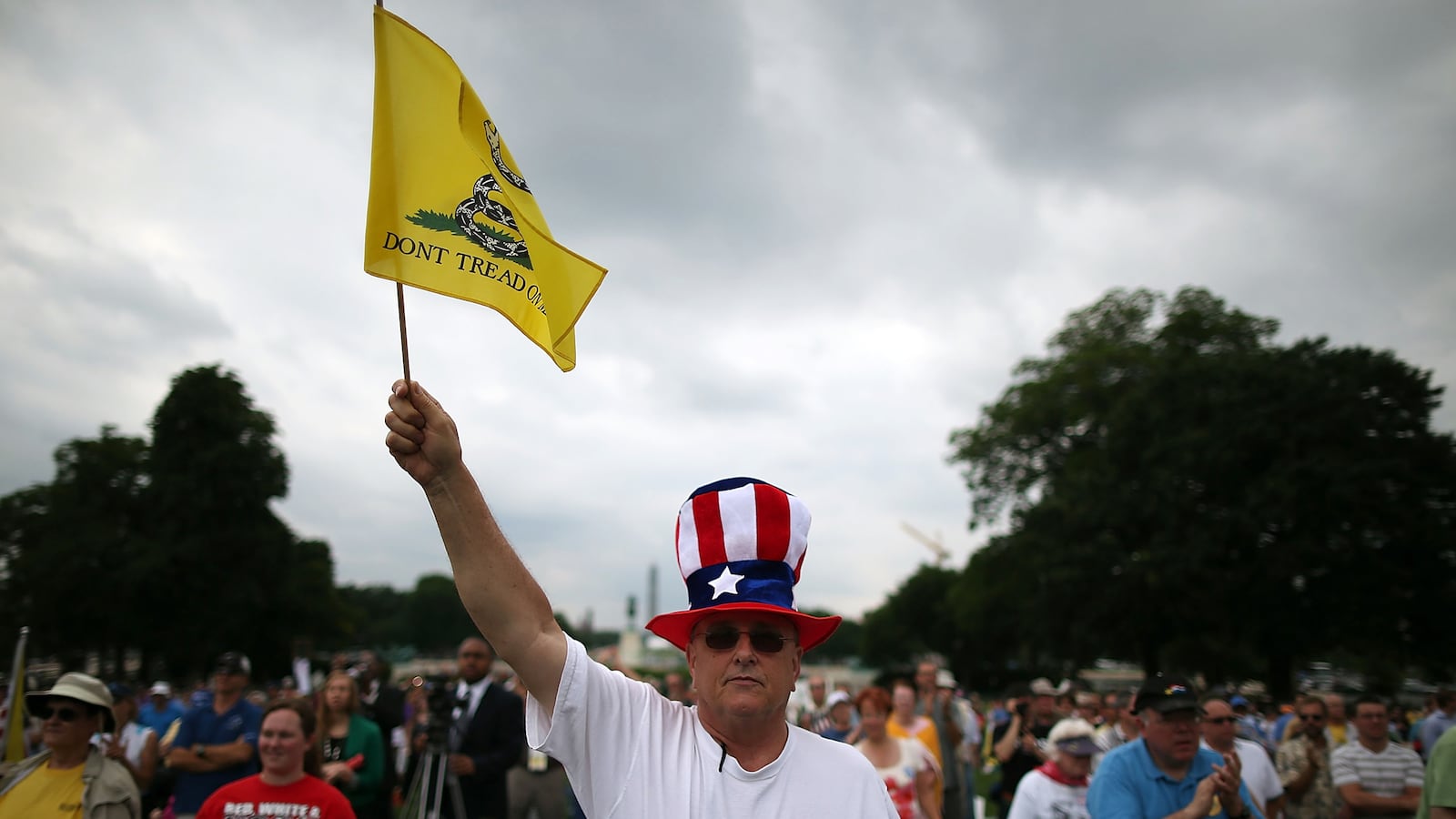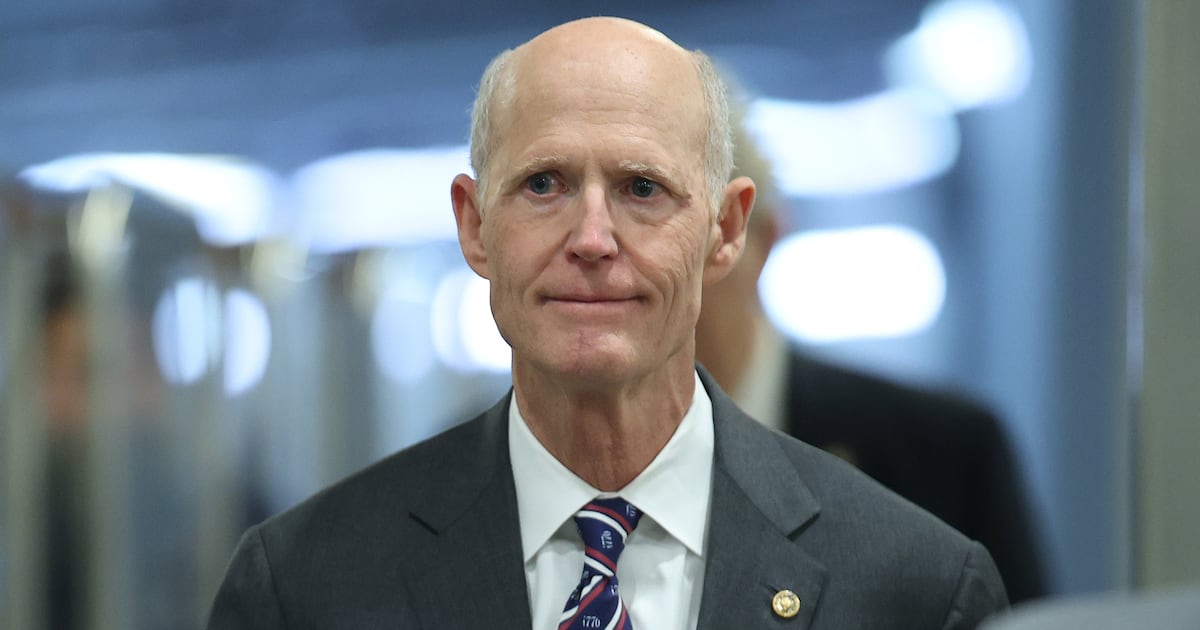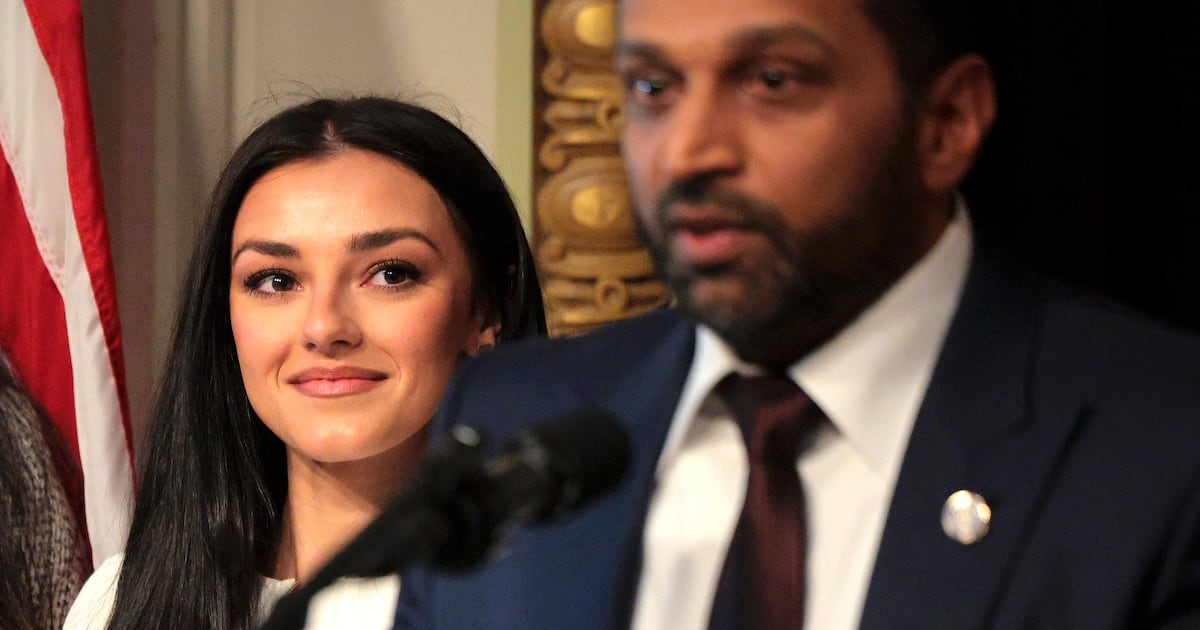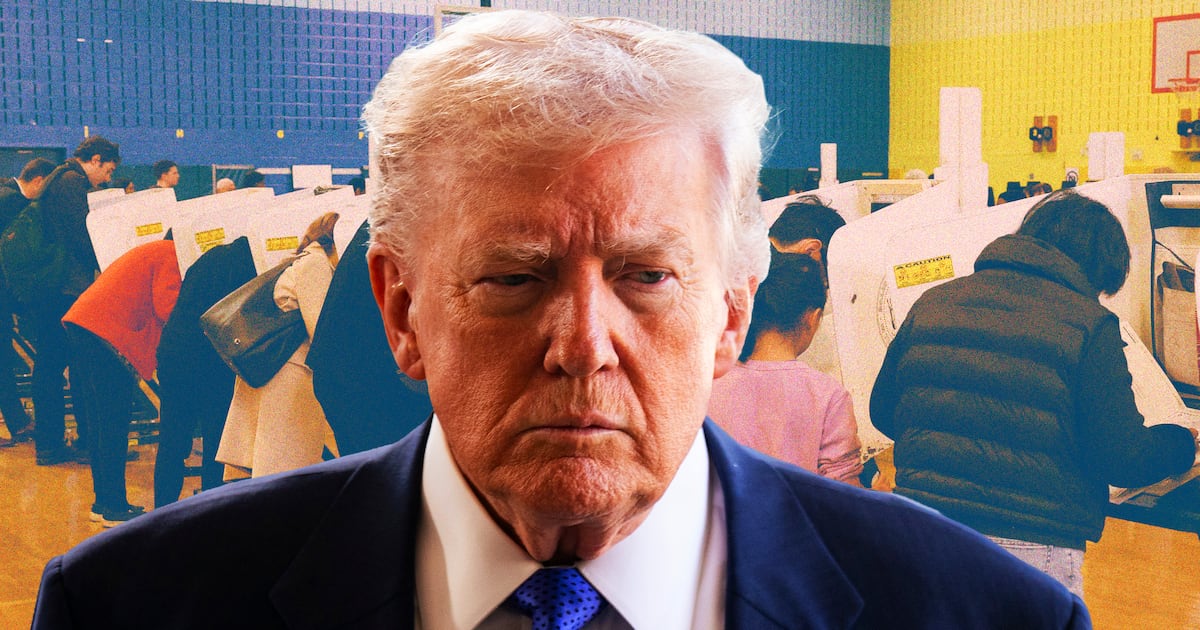For weeks now, reporters have been buzzing about the “strange bedfellows”—from Tea Party right and Glenn Greenwald left—who have joined forces to challenge the government’s power to spy. “Terrorism policies have a way of jarring the usual left-versus-right categories,” declared NBC. Or as Greenwald himself asked in 2011, “Is there potential for a right-left alliance” against the national security state?

I’m skeptical. On domestic drones and NSA surveillance, some liberals and conservatives are indeed joining forces. But the sad truth about the much-heralded left-right civil-liberties coalition is it will be least effective where it is needed most. The reason is simple: the Tea Party is not a libertarian movement. It’s a nativist libertarian movement. It’s uninterested in defending the civil liberties of those political and cultural outsiders whose civil liberties face the greatest threat.
To understand what I mean, go back to January 2012, when Sen. Rand Paul (R-KY), cofounder of the Senate’s Tea Party caucus, was detained by Transportation Security Administration officials after refusing a pat-down at the Nashville airport. In response, the senator’s father, former Rep. Ron Paul, said something unintentionally revealing. “The elderly. The disabled. Little kids,” he thundered. “All victims of an out-of-control police state.”
The elderly. The disabled. Little kids? If America’s become a “police state” in recent years, those aren’t the demographic groups that have been feeling its wrath. Last year, the Associated Press won a Pulitzer Prize for revealing that the New York Police Department, with help from the CIA, had “subjected entire neighborhoods to surveillance and scrutiny” and “infiltrated” dozens of student groups and houses of worship, without any evidence that the residents or members had committed crimes. The NYPD wasn’t targeting retirement villages and Girl Scout troops. It was targeting Muslims.
Between 2002 and 2011, according to the New York Civil Liberties Union, the NYPD also stopped and questioned New Yorkers more than 4 million times, 90 percent of whom were completely innocent. Almost 90 percent of those stopped were African-American or Latino. For its part, Arizona in 2010 gave police vast new powers to stop suspicious-looking people and demand to see their papers. And, contra Ron Paul, they weren’t targeting people in wheelchairs.
As has happened throughout our history, the people who have suffered most from the expansion of state surveillance since 9/11 have been members of unpopular and marginal groups. But for the most part, when Tea Partiers warn about a “police state,” they’re not worried about Muslims, African-Americans, and Latino immigrants. After the AP report about NYPD spying on Muslims, for instance, 34 members of Congress signed letters urging the Justice Department to investigate and the House Judiciary Committee to hold hearings. But as Yasmine Taeb and Isaac Levey of the Arab American Institute have noted, not a single Republican was among the signers. In May 2012, Rep. Rush Holt (D-NJ) offered an amendment urging the Obama administration to stop funding police programs that violate federal anti-discrimination laws. House Republicans voted against it 224-16.
When the surveillance is aimed at African-Americans and Latino immigrants, the Tea Party is similarly nonchalant. In New York City, Republican candidates for mayor are courting Tea Party groups by endorsing the NYPD’s stop-and-frisk policies. And Tea Party favorites like Sen. Ted Cruz (R-TX) have loudly defended Arizona’s intrusive anti-immigrant law.
Why is the Tea Party so concerned about the civil liberties of those Americans who are least at risk and so unconcerned about the people most threatened by the government’s expanded police power? Because many Tea Partiers don’t only fear government intrusion; they also fear people they consider alien or militant. They are not only libertarians. They’re nativists too.
In 2010, for instance, researchers at Vanderbilt and the University of North Carolina asked (PDF) Tea Party supporters a series of questions about individual freedom. They found that Tea Partiers were more hostile to government regulation of the Internet than other Americans but more supportive of laws that criminalize burning the flag. The reason for the apparent contradiction on the subject of free speech? Regular Americans use the Internet. Only radicals burn the flag.
Or take Rand Paul’s contradictory views on freedom of religion. When the Obama administration required Catholic hospitals to cover contraception, Paul wrote an op-ed denouncing “The President’s War on Religious Freedom,” which he called “‘our first liberty’ … ingrained in the very fabric of our national culture.” Yet when American Muslims tried to build an Islamic cultural center near the World Trade Center, Paul came out in opposition.
Paul, to be fair, has expressed more concern about the civil liberties of Muslims and Latino immigrants than many other Tea Partiers. Unlike Ted Cruz, he’s not wild about Arizona’s immigration law. And during his 13-hour drone filibuster, he did mention Americans of Middle Eastern descent, asking whether “if you happen to be an Arab-American who has a relative in the Middle East and you communicate with them by e-mail and somebody says, oh, your relative is someone we suspect of being associated with terrorism, is that enough to kill you?”
But even Paul—who after Rep. Justin Amash (R-MI) may be the most genuinely civil libertarian of the rising Tea Party pols—has a nasty habit of arguing that we can protect the freedoms of regular Americans by getting the government to target other, swarthier, folks. After the Boston Marathon attack, he suggested suspending all new student visas. In 2011, he told Sean Hannity that “I don’t want them [the government] looking at all 100 million guns records but I do want them going after … 100,000 exchange students from the Middle East … I would rather devote resources to that than I would patting down six year American kids in the airport.” He also told Hannity that “if someone is attending speeches from someone who is promoting the violent overthrow of our government, that’s really an offense that we should be going after—they should be deported or put in prison.” One Kentucky blog pointed out that given Paul’s presence at rallies where militia types discussed violent rebellion against Washington, he might not pass his own test.
Instead of defending the groups whose civil liberties have suffered most since 9/11, Paul wants to target them even more. And he seems to believe that if the feds profile people from the Middle East more aggressively, they’ll be able to keep the country safe without patting down any real Americans at the airport. Because, of course, red-blooded, white-skinned folks like Timothy McVeigh, Ted Kaczynski, and Adam Lanza pose no threat at all.
We’ve seen this before. In the 1920s, many of the same “small-government” conservatives who denounced progressive-era taxation and regulation as an assault on personal freedom also supported Prohibition, which they considered necessary to keep Catholics and other recent immigrants from endangering America’s moral fiber. Throughout the civil-rights era, segregationists accused tyrants in Washington of denying the people of the South the freedom to do as they pleased. Their definition of “people of the South” just didn’t include blacks.
In American politics, it’s rarely been hard to defend the liberties of the powerful against the power of the state. The hard part has been widening the circle of those individuals whose liberties are considered worth defending to include the marginal and the reviled. In that effort, sadly, the battle lines haven’t changed all that much in recent months. And the Tea Party, for the most part, is on the wrong side.






